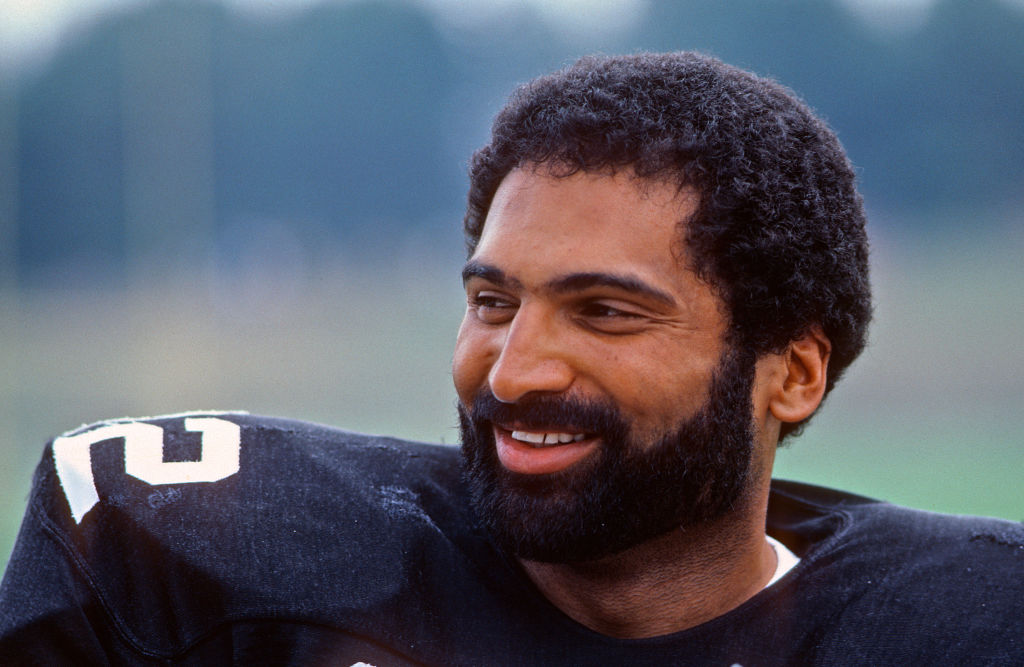Harris is revered as one of the greatest running backs in Steelers history, carrying their burden for 12 seasons while also playing an essential part in their passing game.
Franco Harris net worth hails from Fort Dix, New Jersey. A standout high school and Penn State player at Rancocas Valley Regional High School and Penn State respectively, the Steelers selected him in 1972 and finished his NFL career as the third leading rusher behind Walter Payton and Jim Brown.
The Immaculate Reception
The Pittsburgh Steelers pulled off an astounding comeback against Oakland Raiders in 1972 AFC divisional round playoff action when running back Franco Harris completed his legendary Immaculate Reception play, propelling them towards four Super Bowl championships over 10 years and turning an otherwise dismal team into one of NFL history’s great dynasties.
The play’s effects were felt long after its conclusion, sparking the imaginations of both audience members and local media alike. Myron Cope used it as the centerpiece for his radio broadcasts that followed and later coined it “The Immaculate Reception”.
This play, which marked a new era for Pittsburgh Steelers football, became famous for its controversy and longstanding debate as to who first touched the ball — Oakland’s Jack Tatum or Harris from Pittsburgh Steelers? While instant replay would provide definitive answers today in modern NFL, instant replay wasn’t yet an option back in 1972.
The Steelers’ dynasty
The Pittsburgh Steelers’ dynasty in NFL history stands as one of the greatest. From 1970-1979, they won 77% of their games including six Super Bowl championships en route to dominating performance.
Harris played an essential part in building the legacy of this dynasty as its star running back, alongside Terry Bradshaw, Joe Greene and Jack Lambert.
He amassed over 2,000 yards rushing over 12 seasons and led the league in rushing touchdowns eight times. Additionally, he amassed more than 1,000 yards during five postseason runs.
This week, the Pittsburgh Steelers experienced a devastating loss with Franco Harris’ passing only days before his jersey would have been honored at halftime of Saturday’s matchup against Las Vegas Raiders. His death is truly tragic for his teammates and their fans alike.
The Hall of Fame
Harris earned induction into the Pittsburgh Steelers Hall of Fame due to his pivotal role during what would become their dynasty of the 1970s, running for 12,120 yards and four Super Bowl rings.
He earned nine Pro Bowl selections and an NFL Offensive Rookie of the Year honor in 1972. Additionally, he is one of only nine members on the Steelers all-time rushing list with 91 touchdowns to his credit.
Harris was raised by both Korean War and World War II veterans; initially wanting to join the Army himself, but ultimately taking an alternate path after his junior year at Rancocas Valley Regional High School in Mount Holly, N.J.
Penn State and two-time NFL All-Pro, he became part of the Pittsburgh Steelers in 1972 as one of their key players on their inaugural playoff team and went on to become four-time Super Bowl Champion.
His legacy
On Wednesday morning, NFL fans were sent reeling by news that legendary Steelers running back Franco Harris had died at just 72. Just days before celebrating 50th anniversary of his catch and retiring jersey number 79 for him, fans took to social media platforms like Twitter in tribute to Harris.
Many of Harris’ former teammates, friends and mentees have taken to social media to remember him – not simply as an athletic figure, but also for all that he meant to them personally. Many shared stories, quotes and sentimental accounts about what Harris meant to them personally.
“He was an iconic player in football history who left an indelible mark with both his play on the field and through his character as a person,” KDKA-TV sports anchor Josh Taylor observed.
He quickly built relationships with current Pittsburgh running back Najee Harris (who often joked he was his “cousin”), as well as former Penn State tight end Pat Freiermuth and others – setting not just an example for teams or regions, but for ways of life in general.

